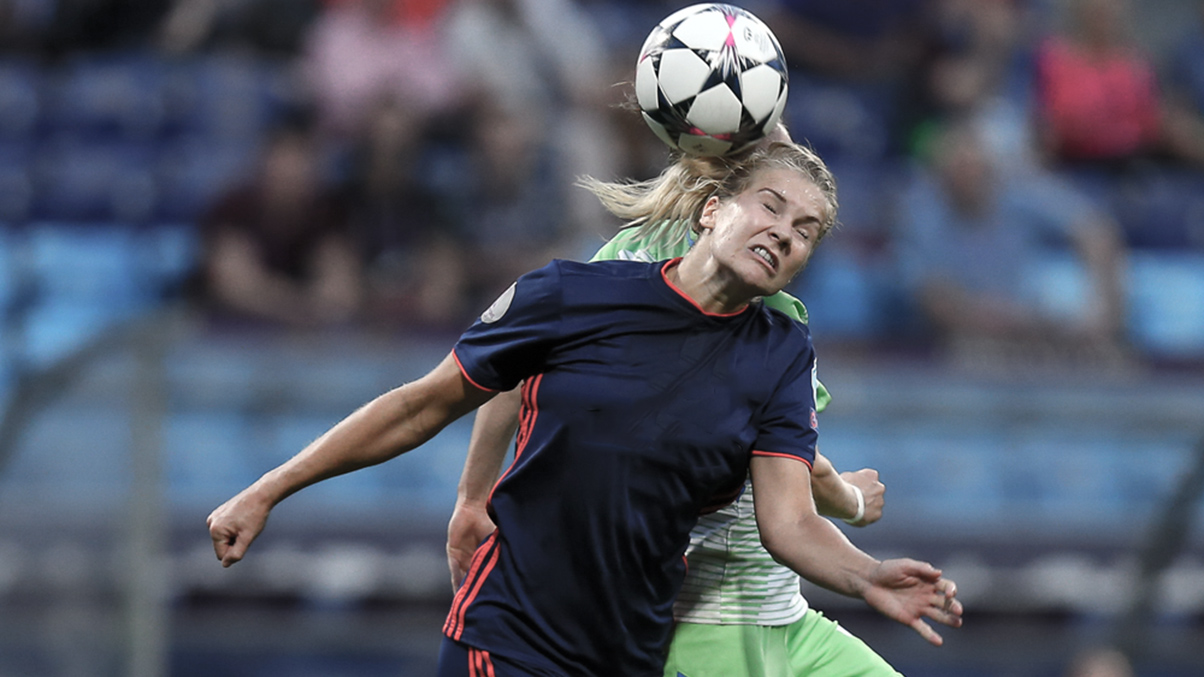The impact of the coronavirus on elite sport has been devastating. Major sporting events including Euro 2020 and the Tokyo Olympics have been postponed. Some events have been cancelled altogether. Professional sports organisations and clubs are suffering financially. Revenues associated with matchdays, sponsorship and television are down across the board. In this article, Partner Joseph Lappin and Ben Connor, a paralegal in our Employment team, along with Matthew Caples, an associate in our Commercial Litigation team, look at some of the issues clubs are facing.
Before the pandemic resulted in the 2019/2020 English Premier League (“EPL”) season being suspended, the EPL was set to generate close to £6bn in annual revenue. It has been estimated that Premier League clubs could lose more than £1bn should the current season be curtailed early and not finish. Taking Manchester United alone as an example, it is thought that the club would sacrifice £48m in TV rights, £50.8m in commercial revenue and £17.6m in matchday income.
That being said, significant sums of money have continued to flow into the game for several seasons. The plans of a handful of EPL clubs to rely on the government’s furlough scheme (the “Scheme”) and recoup some or all salaries of non-playing staff (for example, cleaners and those working in support roles) from HMRC, was, therefore, met with a significant media and public backlash.
On 2 April, the Health Secretary, Matt Hancock, called on EPL footballers to “play their part” and consider volunteering to take reductions in pay.
The Scheme
The Scheme is a government-funded job retention programme, which allows UK employers to designate PAYE staff as “furloughed workers”. These employers will have access to government support that will facilitate the part-payment of their furloughed employees’ wages, up to the lower of 80% of their salary or £2,500 per month. While a designated furloughed worker is not allowed to do any work for their employer during furlough leave, the temporary Scheme will help employers keep their employees on the payroll and, therefore, it is hoped, prevent redundancies.
Employers cannot unilaterally change an employee’s terms of employment. PAYE staff will, therefore, need to agree to be placed on furlough leave. Non-playing staff are likely to agree to become furloughed workers because they will know that the alternative may be redundancy. If they are placed on furlough leave, they may have to accept reduced pay but will at least keep their job.
Playing staff are not realistically at risk of being placed on furlough leave. An EPL footballer earning the average £3m per year would stand to lose up to £2.97m if furloughed (if the EPL club does not agree to top up the player’s pay). They know that they have significant bargaining power. EPL players are not like ordinary workers; they are also commodities with a significant transfer value.
Although every EPL club is both qualified and entitled to access the Scheme, questions are and will be asked of clubs that continue to pay playing staff 100% of their wages while furloughing non-playing staff with much lower salaries.
Employment perspective
A typical contract of employment for a professional footballer does not include a clause that permits the EPL club to reduce pay, save for circumstances in which the EPL club is relegated to the Championship. EPL clubs, therefore, have limited options available if seeking to reduce their players’ pay.
- By agreement
Obtaining the player’s express agreement to amend a contractual term is the simplest and safest option for EPL clubs. The stumbling block between EPL clubs and the Professional Footballers Association (“PFA”) (the Trade Union that represents all professional players and seeks to protect their position) has been that the former would prefer to impose wage cuts while the latter favours a wage deferral. There is little incentive for a professional footballer to take a wage cut when the only party that stands to benefit is the club. Plus, agreeing a wage cut becomes complicated when dealing with a squad of 20 or more players.
However, Arsenal Football Club recently agreed a 12.5% pay reduction with its players. It has been reported that Arsenal will repay the money to its players in part or in full if the club qualifies for European competition next season or the season after. - Termination and reengagement
An employer can also terminate the employment and propose immediate and continued employment on new terms. However, this is not a realistic option for most EPL clubs as the player would be in a position to treat himself as having been unfairly dismissed and the contract as having been terminated. He would then be free to join another club. - Unilaterally
An employer could seek to impose the contractual change unilaterally. However, in such circumstances, the EPL club would almost certainly be in breach of contract. If the player doesn’t accept the breach, he can treat the breach as repudiating the terms of his employment and therefore treat the contract as having been terminated.
Commercial considerations
EPL clubs are private companies that, like most companies, hold assets and liabilities in addition to employing staff. They are unusual compared to most companies insofar as their players and playing staff are both employees and assets of the club with value attributable to them. The playing staff are capable of being ‘sold’ and ‘bought’ and experience fluctuations in value. Clubs often have to pay a significant transfer fee to another club to secure the employment of a player, and this, in turn, exposes that club to commercial risk.
The contract of employment between a club and member of its playing staff is all that protects a club’s interest in that member of playing staff as an asset. Once a contract is terminated, a club is no longer able to realise the sale value of that member of playing staff as an asset. It could represent a significant financial loss to the club. For this reason, members of playing staff find themselves in a relatively unusual position by virtue of their employment in that deductions by anything other than express agreement are not likely to be in the contemplation of any EPL club.
Professional football remains a cut-throat business, even in times of crisis, and in some quarters this pandemic will signal opportunity. For unsettled players, wage-cuts may present a chance to broker a transfer elsewhere. They know that their bargaining positions have been strengthened while clubs potentially experience a dramatic revision to expected revenue.
Partner and Head of Commercial Litigation in our Leeds office, Mo Bhaskaran recently commented on this in the Evening Standard:
“Most of these fixed-term contracts come to an end on a fixed date, rather than a variable date. So, if someone is due to head off somewhere else or their contract is due to end, in most cases they are going to need to have that negotiated and that extension agreed.
“The willingness to do it has to be there.
“Say a club wants a player to stay a couple of months beyond their fixed term because the season is going to be extended then there is going to be a quid pro quo. The player might initially want to be paid extra for those two months.
“The corollary to that is the club might say you’ve not been playing for two months so we spread your payments out.
“Then you’ve got additional pressures on the clubs which have had revenues hit badly. Some of them won’t be able to fund that additional overhead, where the bigger clubs in most cases have got enough cash in the pots to be able to weather this storm and wear the additional costs of an elongated season or additional payments to players.”
Concluding remarks
Regardless of the options open to EPL clubs individually, Gordon Taylor, PFA Chairman, has said: “All Premier League players want to, and will, play their part in making significant financial contributions in these unprecedented times.” That being said, the country has been in lockdown for over five weeks, a football hasn’t been kicked for nearly two months, collective negotiations with the PFA are at an impasse and only a handful of EPL clubs have managed to agree a wage cut or deferral.
The #PlayersTogether initiative, in which footballers are donating chunks of their salary to NHS charities, has demonstrated that players are willing to make financial sacrifices in these testing times. However, it is direct wage cuts and deferrals that will alleviate the financial pressures on football clubs from a business perspective, given the genuine prospect that the current season might not be completed. While the scheme represents a pro-active government response that will prevent widespread redundancies, it has become almost inapplicable to Premier League clubs from a moral standpoint. Clubs are now very much reliant on the good faith cooperation of their players to protect their financial futures.
Covid-19 is impacting individuals and companies around the world in an unprecedented way. We have collected insights here to help you navigate the key legal issues you may be facing at this time.
You can find further information regarding our expertise, experience and team on our Employment and Commercial Litigation pages.
If you require assistance from our team, please contact us or alternatively request a call back from one of our lawyers by submitting this form.
Subscribe – In order to receive our news straight to your inbox, subscribe here. Our newsletters are sent no more than once a month.








